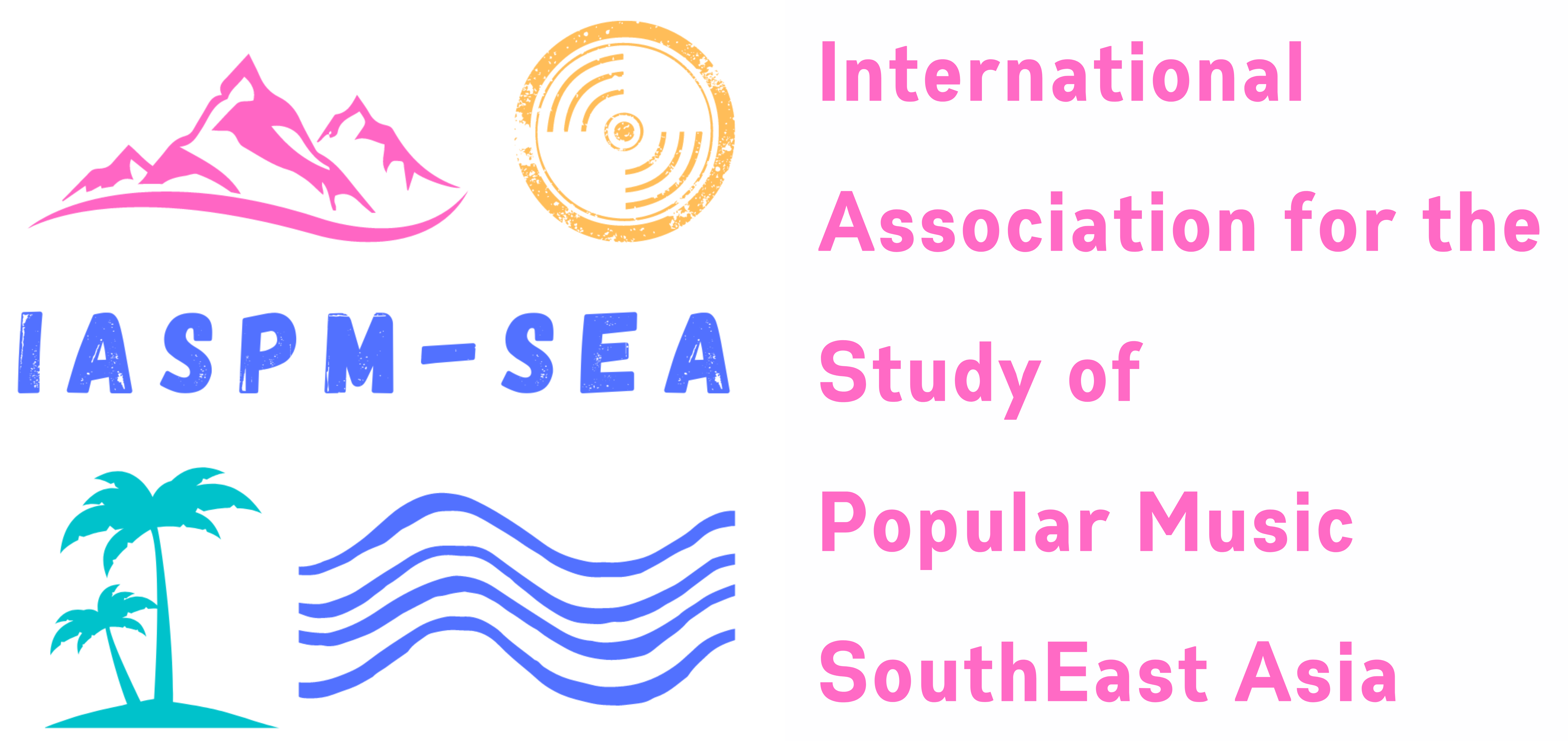Human and More-than-Human Entanglements:
Popular Music Performance, Education, and Technologies
Date
25-27 July 2024
Venue
Bansomdejchaopraya Rajabhat University
Currently, there is a wealth of research on how humans engage with each other in popular music. However, less has been explored in popular music studies regarding interactions with non-human or more-than-human entities. The more-than-human is understood as one that is both internally and externally experienced, with an emphasis on positionality within and beyond the human body. In music studies, explorations of the more-than-human can be observed in the growing interdisciplinary fields of musicology, ethnomusicology, ecomusicology and multispecies ethnography (Allen, 2013; Titon, 2013; Allen & Dawe, 2016) – especially that of indigenous sonic worlds, traditional music, and current discourses on virtual world(s). As such, this call poses the following query: How does Southeast Asian popular music directly deal with more-than-human relationships as a fundamental part of being in the world alongside producing and performing strategies of place-making and musicking?
This conference looks to explore tangential modes of how we relate to and situate ourselves in the world by considering the diverse aspects of popular music research. The theme proposes an examination of human and more-than-human sonic entanglements, their perception, adoption, and embodiment in cultures, practices, institutions and disciplines. This trajectory endeavours to facilitate holistic discussions around music’s interdisciplinary nature by introducing novel and contemporary approaches, solutions and questions that exist within and beyond Southeast Asia. Additionally, this conference aims to foster collaborative deliberations and conceptualisations among researchers to address such human and more-than-human entanglements through virtual, ethnographic, pedagogical, virtual and the numerous modalities that comprise the evolving field of popular music studies and beyond.
Points of reflection:
Sound and
Space
- How can we re-consider the concept of “sound” and “space”in musicking?
- How can we conceptualise entanglements of popular music in fluid, cross-border spaces (cities, regions, nation-states)?
- How can we consider sonic entanglements with issues in popular music (noise regulations, experimentation, aesthetics)?
- How can space (e.g. urban) build transformative awareness of musicians, and vice versa, how can this awareness transform the meaning of living space and identity?
Gender and Sexuality
- How do human and more-than-human intersections (e.g. online spaces, music technologies, AI) with gender and sexuality provide new insights for popular music studies?
- How does self-identification change the way we consume and perform music?
Technology
- How might synthesisers, digital effects, virtual instruments and streaming platforms relate to human and more-than-human interactions?
- How has AI altered the way we write, perform and listen to music?
Religion and Spirituality
- How have aspects of the divine and the spiritual intersected with the creation, production and performance of music?
- In what ways have religious beliefs, practice or legislation affected the production, performance and consumption of popular music?
Pedagogy
- How might music education be decolonised in Southeast Asia?
- What is (and will be) the impact of AI in music education?
Presentation formats and Submissions
- Individual Paper
- Organised Panel (3-4 papers)
- Roundtable (3-5 papers)
- Laboratory1 (5-8 participants)
- Poster Presentations
- Performance lectures, music workshops, films
- Other forms of creative outputs are welcome and will be considered.
Submit an abstract for a presentation in one of the above listed formats (between 200-250 words) along with a short biographical note (100 words). Organisers of panels and roundtables must submit a statement on the focus of the panel/roundtable along with an abstract from each presenter and their respective biographical notes.
Submissions have closed, thank you for your interest!
Please head to Conference Registration and Information for Attendees for more info about the conference!
Venue
Bansomdejchaopraya Rajabhat University is a non-profit, public university officially established in 2004. The university is named after Somdet Chao Phraya Borommaha Sri Suriyawong, who served as the regent during the early years of the reign of King Rama IX(1953-1910). It was established in 1896 as Ban Somdet Chao Phraya School and renamed to be a teacher training school as Wittaya Kru Bansomdej Chao Phraya in 1958, which is commonly known as “Bansomdej,” and it has had a famous music education program both in Thai classical and western music for decades. The university is located on the west side of the Chao Phraya River, which was once Thonburi province and is now part of Bangkok. Thonburi district remained less developed than the other side of the river. The old palace, temple, mosque, and church can still be found in an area nearby the university.
Organising Committee
Adil Johan. University of Malaya
Lara Katrina T. Mendoza. Ateneo de Manila University
Krina Cayabyab. University of Edinburgh / University of the Philippines
Hueyuen Choong. UCSI University
Local
Phakphoom Tiavongsuvan. College of Music, Bansomdejchaopraya Rajabhat University
Chaomanat Prapakdee. College of Music, Bansomdejchaopraya Rajabhat University
Ekachai Phuhiran. College of Music, Bansomdejchaopraya Rajabhat University
Kunthee Bunjukaew. Western Music Department, Phranakhon Si Ayutthaya Rajabhat University
Atchareeya Saisin. Faculty of Political Science and Public Administration, Chiang Mai University
Siriporn Somboonboorana. Faculty of Political Science and Public Administration, Walailak University
Viriya Sawangchot. Center of Geosocial and Cultural Research, Walailak University
Programme Committee
Chairs
Mayco Santaella. Sunway University
Adil Johan. University of Malaya
Members
Eva Tsai. National Taiwan Normal University
Jarrod Sim. Australian National University
Rachel Ong Shu Ying. University of Music and Performing Arts Graz / KUG
Jose R. Taton Jr. University of the Philippines Visayas
- Laboratories are closed meetings for participants to develop a cohesive interdisciplinary research output (e.g. publications, teaching plans, workshops). Laboratories run for half a day and consist of a moderator and five to eight participants. During a dedicated session of the conference, moderators will present the findings of the laboratory sessions to a larger audience. PLEASE CONTACT US AT iaspm.sea.conference@gmail.com BEFORE SUBMITTING AN ABSTRACT. ↩︎

